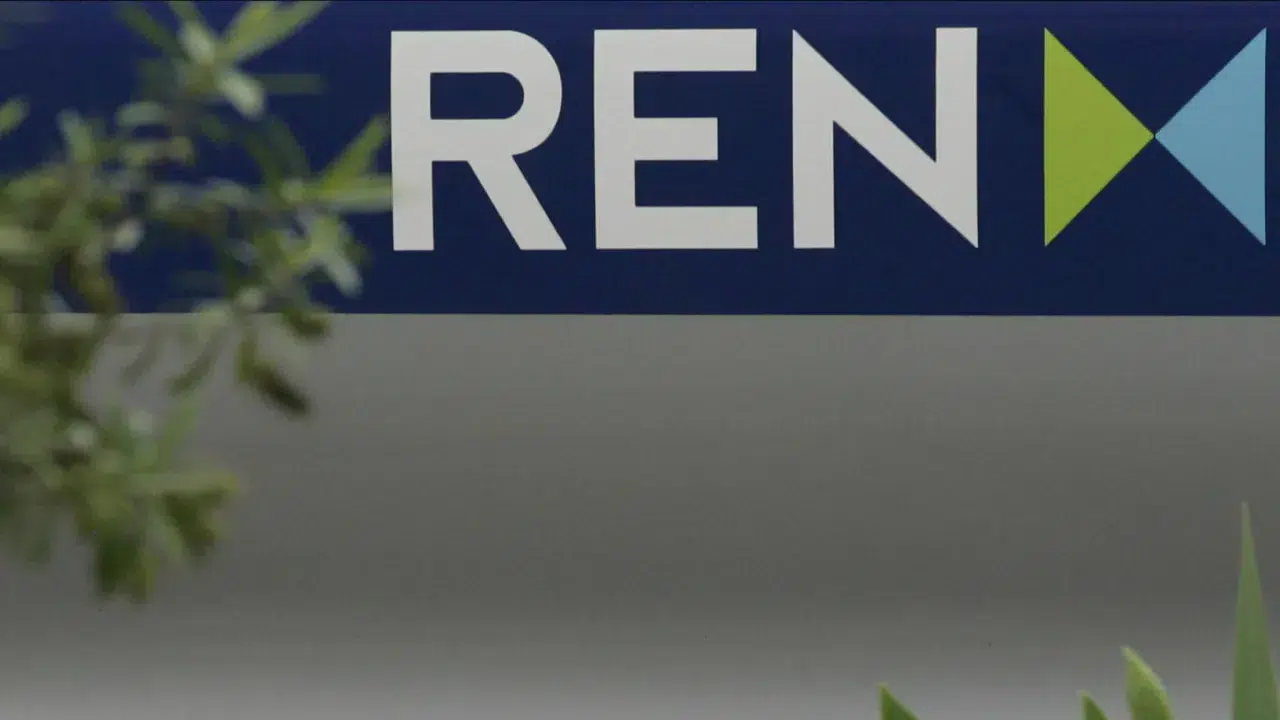
Five years after ‘Madrepérola,’ which won her the José Afonso Award in 2021, Capicua returns with a new album, ‘Um Gelado Antes do Fim do Mundo,’ aiming to offer a poetic perspective on reality.
Following an “emotional” live debut at the Tivoli in Lisbon, Ana Matos Fernandes, known as Capicua, will perform on Thursday, March 27, at the Sala Suggia in Casa da Música, Porto, at 9:30 PM.
Before this, the rapper and writer, who is known for embracing and speaking about various causes in her columns, discussed her new album with Notícias ao Minuto. She described it as reflective of “our times,” addressing current issues such as climate change, social media toxicity, the rise of the far-right, gentrification, and gender issues, all with an underpinning hope.
You’ve just released ‘Um Gelado Antes do Fim do Mundo.’ Can we consider this an album of resistance written with a sharp pen?
Yes, I believe it is an album of resistance as it critiques contemporary issues and proposes alternatives to cynicism and apathy. It resists against the numbness and escapism fostered by social media, advocating against cynicism and futile attitudes regarding the inevitability of the extinction of our species.
I refuse to believe that narrative. Thus, this album not only addresses current issues but also aims to cultivate hope, encouraging a romantic view of reality. It’s a call to fight and to reconnect with wonder, poetry, and utopias, which recharge us for the struggle.
In your column concerning the album’s release, you mentioned it as an “invitation to rescue through art.” Do you believe art can save us?
I’m not sure if art can save us, but it can certainly improve our lives by invoking emotions that make us more aware, empathetic, and humane, avoiding the deadening of sensations. Given the overwhelming scale of current problems, art can engage us with reality while subduing it through beauty, motivating us to transform the world.
It’s better to be impacted and mobilized by art rather than remain inert and insensitive to the suffering of others, especially the vulnerable.
Why ‘Um Gelado Antes do Fim do Mundo’? What does this title mean?
This album talks about our time, addressing central themes such as climate change, social media toxicity, far-right growth, gentrification, and gender issues. It invites commitment to positive change, countering the cynical view that nothing is worth fighting for.
And the ice cream acts almost as a pause…
Exactly. It’s almost a pause amidst the feeling of the world’s end, allowing us to clear our vision and renew our vows with enchantment, hope, and a poetic perspective that enables us to create and fight for utopias.
Do you practice any self-censorship when writing about controversial or sensitive topics?
No. I express my opinions freely, which is essential for any artistic endeavor. Self-censorship would undermine the foundational freedom necessary for creativity.
Have you ever faced societal barriers?
Public debate often entails toxic indignation and public shaming for micro-controversies, but our freedom remains intact, unlike before April 25. We must remember the sacrifices artists made historically and appreciate the freedom we have today despite social media’s high toxicity and polarization.
Your album references the Carnation Revolution and perceived threats to freedom. Do you view the rise of the far-right with concern?
Yes, democrats must be concerned with the populist, far-right surge threatening democratic institutions and rights we took for granted. We must stay alert and resist.
In your song ‘Souvenir’ about gentrification, you say, “we are the ghosts of a city without memory.” Is Portugal experiencing city-character loss?
Particularly in Lisbon and Porto, there is an alarming uprooting of locals for tourism-centric development. Although economically profitable, it’s damaging social fabrics, turning cities into theme parks with homogenized global chains, losing unique cultural identities.
You’ve mentioned the dangers of social media in ‘Chiaroescuro.’ What are those?
Social media impacts mental health, fostering anxiety and fostering harmful self-comparisons. It also threatens democracy through misinformation and conspiracies spread by algorithms, promoting virtual, superficial political activism while neglecting effective civic engagement.
The juxtaposition of trivial and shocking online news desensitizes us, hampering empathy and genuine mobilization.
Have you faced repercussions for your causes, like feminism?
Not reprisals, but taking a stand in art often closes some doors. It may alienate segments of audiences or industries lacking alignment with one’s convictions.
However, I do so out of conviction—not strategy—and am satisfied with touching genuinely aligned people, regardless of mainstream rejection.
You’ve written extensively on motherhood. Is it still an under-discussed topic, particularly its challenges?
Despite increasing discourse in media and arts, domestic responsibilities and maternal realities need more visibility. Speaking out helps combat gender inequities, pivotal given the enduring societal burdens on women’s professional and public engagement.
Continuing this conversation is crucial for improving maternal experiences, facilitating gender equality, and fostering healthier societal relationships.
Could you choose between music and writing?
I could quit music, but not writing; it’s integral to my creative expression and artistic endeavors.
How did your writing passion begin?
I loved words before writing, enjoying rhythms and puns. Compliments on school writing fueled my motivation to continue, never ceasing since.
Your album is rich with poems. Why is that?
This album aims to reinstate a poetic outlook amidst growing cynicism. Poetry anchors the pieces, linking songs and enhancing the thematic fabric.
Besides the musician Luís Montenegro, who features on this album?
Producers and videomakers like Raio, Stereossauro, Virtus, Keso, Pedro Geraldes, and vocalist collaborators such as Gisela João, Sopa de Pedra, and Angolan singer Toty Sa’Med all enrich the album with distinct contributions.
After Lisbon’s successful concert, how are rehearsals for Porto’s upcoming show?
Rehearsals have been promising. Offering vibrant performances, including poetic and audiovisual elements, we anticipate an even better experience at the sold-out Casa da Música.




